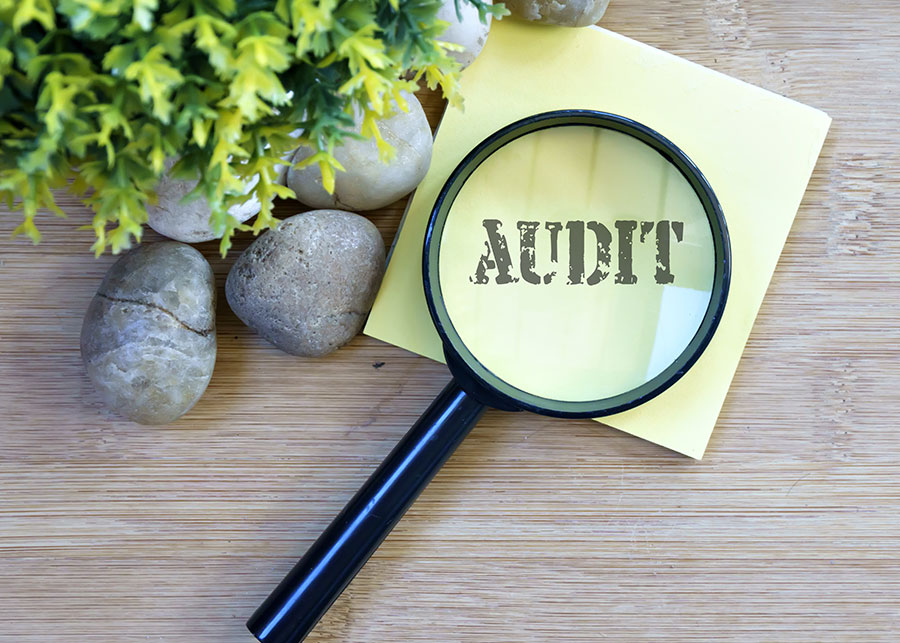
If the IRS selects you or your small business for an audit, it can add significant stress to your life. But how likely is it really? And is there anything you can do to avoid it?
No One Loves an Audit
If your taxes are selected to be audited is incredibly stressful. It’s an experience that everyone wants to avoid. Luckily, the IRS audits less than 1% of tax returns each year, so the chances that you’re one of the unlucky ones are pretty low. But there are circumstances that increase your odds. Of course, you can’t [and shouldn’t] lie on your tax returns to avoid an audit, but here are 5 signs that you may have increased odds of being audited.
Excessive Business Expenses
The IRS are experts on normative business expenses. They have mountains of data on how much in expenses are typical based on your type of business. If you work remotely from home and claim $40,000 in business related travel, it’s going to be an obvious red flag. Expenses that fall outside the norm in amount or type will get you flagged for further investigation. This also goes for many “unclear” expenses. A company car that you use full time. Excessive meal or entertainment expenses. A home office that may also be used for other things. Any area with a gray line is ripe for scrutiny.
Making over $200,000… or claiming to have no income.
Obviously, the bigger the fish, the more the IRS has to gain from a mistake. While the IRS audited less than 1% of all tax returns 38% of those who were audited made $200,000 or more a year. With limited resources, it makes sense for the IRS to focus their attention on those who have the most to hide. Also, earning no income is unlikely, so it is also commonly audited.
Filing a Paper Return
When you file a paper return, you crunch all your own numbers. Now that eFile has dominated the market, the IRS can focus on the small percentage of paper returns that likely have simple math errors. According to TurboTax, the IRS finds errors in 20% of paper returns, but only about 1% of electronic returns. Errors can happen when filers use the wrong tax table, miscalculate, or write illegibly. Since they are much more likely to have mistakes, the IRS is more likely to flag your return for more investigation if you file a paper return.
Missing Income (Form 1099)
All businesses are required to report income earned to the IRS. If you have filled out a 1099 form, but fail to report that income later for taxation, the IRS is very likely to flag it. What’s worse, you are liable for those taxes even if the IRS doesn’t catch it at first. Any unpaid taxes on that income from previous years will be subject to penalties.
“ Quote from Tierney here about avoiding a tax audit or surviving one?”
Although many of these situations can’t be helped, a few of them can. Whenever possible, have your taxes looked over by a professional who is able to catch these red flags and help you mitagate your chances of being audited.



About The Author: Tierney Stigall
Tierney is the principal accountant at DB Accounting & Tax Services. She has over 20 years experience handling tax and accounting for businesses of all sizes.
More posts by Tierney Stigall